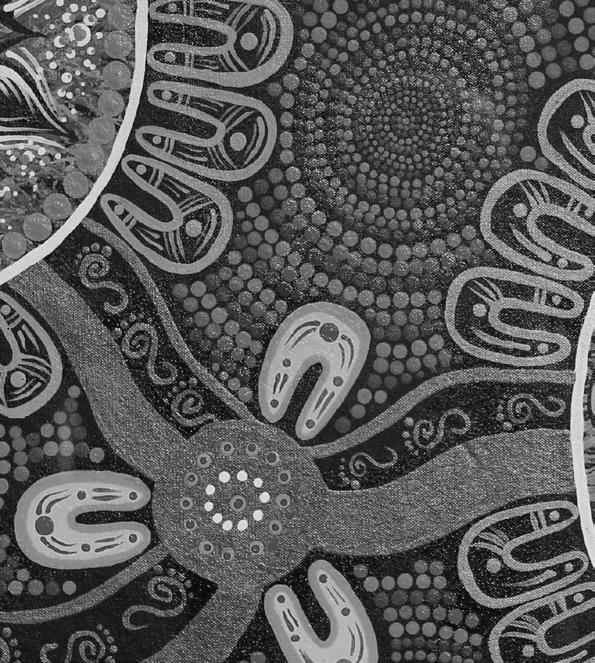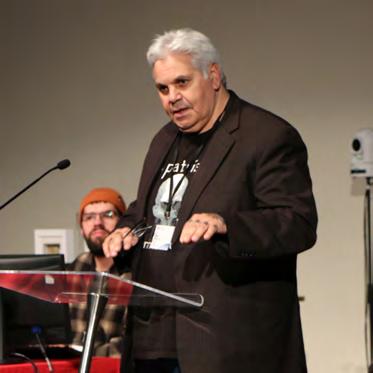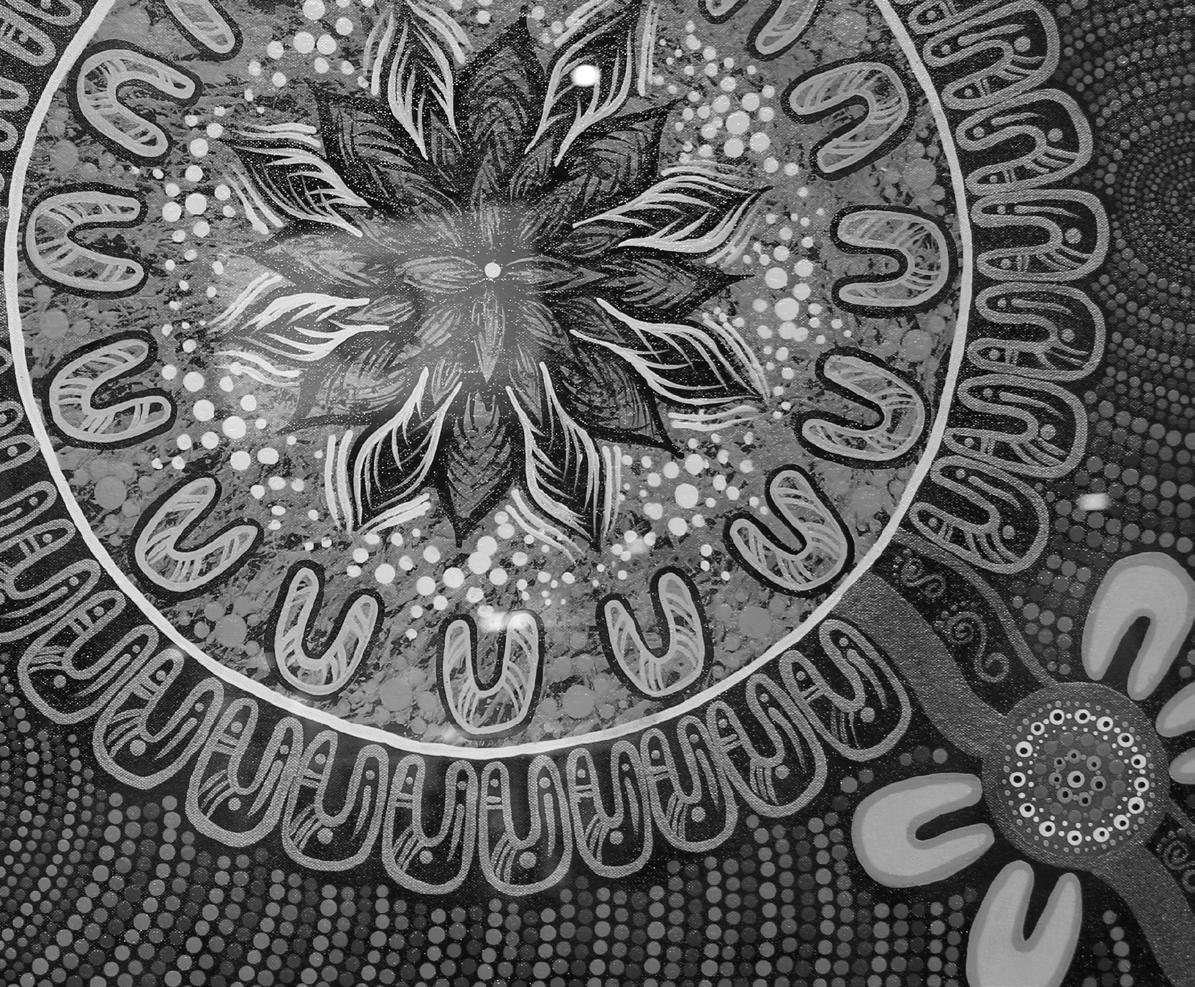
2 minute read
The Voice Matters
By Ken Sumner
The Voice to Parliament for me is ... My time, my moment to take control of my future. My children’s time, their moment to take control of their future.
My grandchildren’s time, their moment to take control of their future.
Something that was not afforded to my grandparents, my great grandparents nor my great, great grandparents and so on …
For the first time Indigenous people will have the ability to speak into the issues that affect them, such as education, health, employment, housing and the many social issues that we experience as First Peoples, that often only First Peoples understand.
A First Nations Voice to Parliament protected by the Constitution is one key element of the Uluru Statement from the Heart. Having a Voice to Parliament that has the protection of the Constitution means that successive governments cannot shut it down. A First Nations Voice to Parliament is also about structural reform.
Structural reform is critical to the empowerment and selfdetermination of a people that have been dispossessed through the structures and systems of settler colonialism. The presence of a First Nations representative body in the corridors and rooms where decisions are made, and where First Peoples will have the ability to have input into those decisions, even on an advisory level is a forward move for our nation.
‘This country will not reach its full potential, until the First Peoples of this land are given their rightful place,’ said Pastor Bill Hollingsworth, Uniting Aboriginal & Islander Christian Congress (UAICC).

The First Peoples of this country have 60,000+ years of continued occupation in this land, and that has to account for something, that alone deserves respect, acknowledgement and a voice enshrined in a one hundred and twenty-two year old document.
The Uluru Statement from the Heart is not only an invitation to walk together in reconciliation but provides an opportunity for Parliament and governments to receive advice on most, if not all matters pertaining to First Peoples, through a Voice that is representative of First Peoples, who will be democratically selected by First Peoples communities.
For almost two hundred and forty years First Peoples lives have always been in the hands of other people, others determining, ‘what’s good for us!’ Well, it hasn’t really worked, not for so many of us.
Our history and statistics reveal to us that it has never ever worked and continues to worsen on a daily basis.
From 1788 – 1967 one hundred and seventy-nine years have passed where we have not been recognised, heard or listened to, and so we are left with a feeling of being invisible. Whilst there may have been people speaking out and protesting over the years to which we see some change, Aboriginal people really have had no status, no authority and no power to change or influence Parliament and governments of the day.

The 1967 Referendum meant we were counted in the Census and counted as human beings, we were no longer considered part of the flora and fauna.
To help put this into context, from 1967 – 2023 for fifty-six years I have been recognised and counted as a person. Sometimes there are some things that are just unfathomable!
In 1994 the President of the Uniting Church in Australia, Dr Jill Tabart said in the UCA Covenant Statement:
‘My people did not hear you when you shared your understanding and your Dreaming. In our zeal to share with you the Good News of Jesus Christ, we were closed to your spirituality and your wisdom.’
Right now, we are asking Australia not to be closed when we share with you what we know is right for us, we are asking you to hear us, hear our voice.
Our history should be an indicator, a signpost, to give directions that enable us as a nation to do the right thing.
It is time for a change, let us make history together as a nation. I will be voting YES.
Various proposals and reports were presented at this year's Synod meeting. Two significant ones included the Strategy and Planning (Mission and Property) report and The Voice to Parliament proposal.










